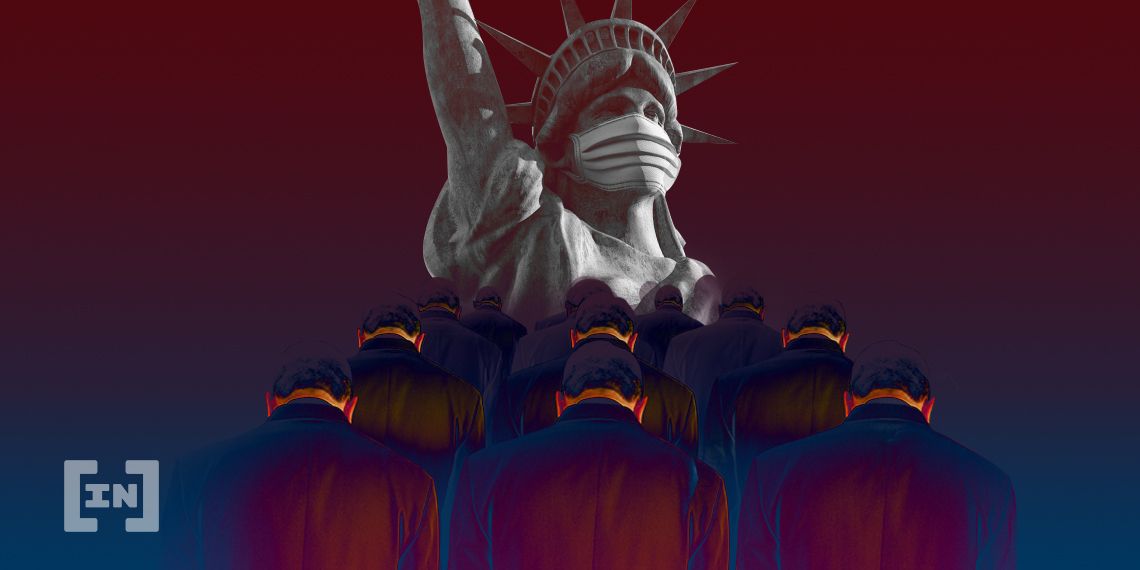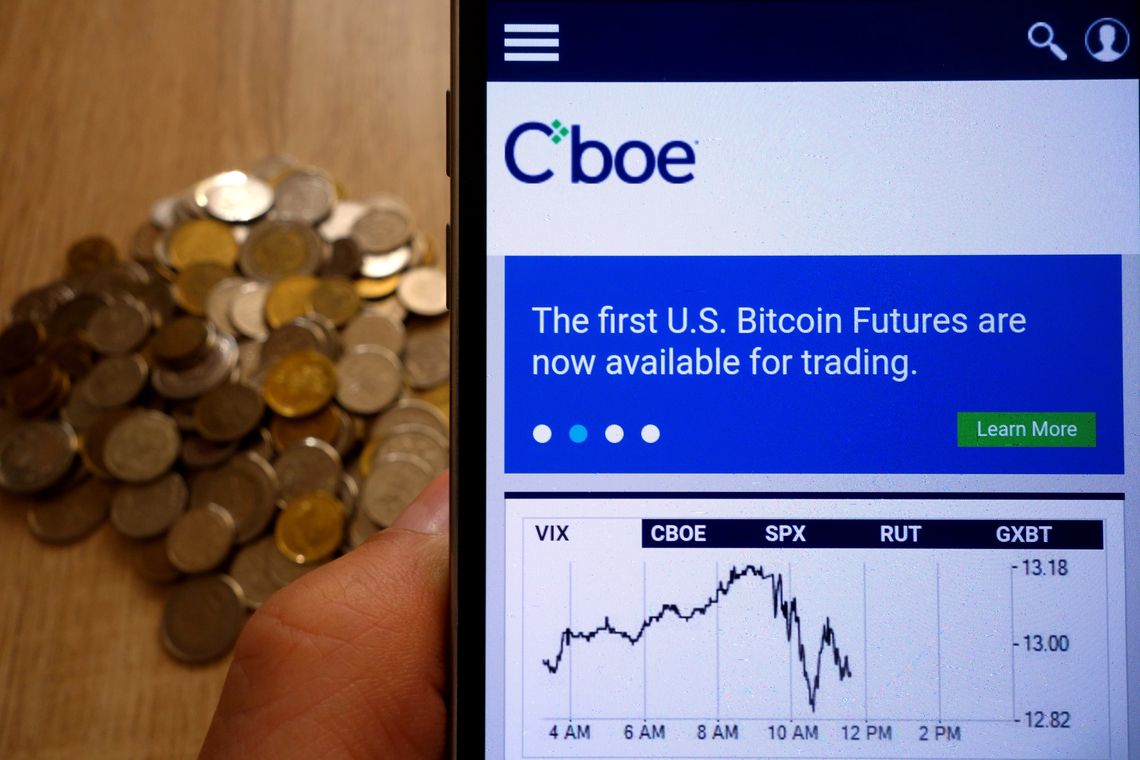Following weeks of closure due to COVID-19 concerns, a number of US exchanges are reopening. But with businesses across the globe embracing remote work, will physical trading floors still be relevant?
Usually considered an industry standard, the need for trading floors is being called into question following the COVID-19 outbreak. The outbreak has had significant implications for global finance, including major stock exchanges.
After it was reported that a number of traders and employees had tested positive for COVID-19, major exchanges closed their trading floors in cities like New York that have been hit especially hard. [Reuters]
 Closures also included exchanges like Intercontinental Exchange Inc (ICE.N) and CME Group (CME.O). [Business Insider] As a result, many traders and employees conducted their activities remotely. [AP News]
With major stocks plummeting in light of the outbreak and large corporations laying off staff and filing for bankruptcy, there was concern about how exchanges would cope. [Business Insider and BBC News]
Despite the concerns, there have been no reported glitches or errors in the major exchanges. On the contrary, many exchanges reported healthy profits for the first quarter. [The Motley Fool]
Closures also included exchanges like Intercontinental Exchange Inc (ICE.N) and CME Group (CME.O). [Business Insider] As a result, many traders and employees conducted their activities remotely. [AP News]
With major stocks plummeting in light of the outbreak and large corporations laying off staff and filing for bankruptcy, there was concern about how exchanges would cope. [Business Insider and BBC News]
Despite the concerns, there have been no reported glitches or errors in the major exchanges. On the contrary, many exchanges reported healthy profits for the first quarter. [The Motley Fool]
Is There a Need for Trading Floors?
These developments have led some to question the need for physical trading floors. This sentiment stretches beyond the world of finance as many businesses have switched to remote operations and have been able to cope. Cboe has plans to reopen their options trading floor by June 2020 to meet demands for certain complex orders that could not be fulfilled electronically. [Chicago Business] Even with this, digital tools are in development that will allow the fulfillment of such complex orders remotely. [Reuters] This announcement by Chief Executive, Ed Tilly, makes some wonder if a physical trading floor is needed anymore:
Even with this, digital tools are in development that will allow the fulfillment of such complex orders remotely. [Reuters] This announcement by Chief Executive, Ed Tilly, makes some wonder if a physical trading floor is needed anymore:
Our position has always been that when our customers tell us that there’s no utility in the trading crowd, when brokers provide no service to their customers, the electronic solution will close the trading floor, not Cboe and not its management team.In the meantime, the NYSE intends to reopen its San Francisco office while keeping its Wall Street office closed. [Reuters] CME, on the other hand, has no immediate plan to reopen until more information is given by the government and health officials.
What Does a Post-COVID-19 World Hold?
Even though there is some indication that trading activities might resume in the near future, it is debatable whether or not things should return to normal. If exchanges are able to conduct their activities to the same degree of efficiency as before, is there any need for physical trading floors? It should also be noted that remote working conditions will also save businesses operational costs. The cryptocurrency industry, for example, is less dependent on physical locations and has been able to thrive in the past decade. Considering the fact that cryptocurrency is looked at as a possible replacement for the existing financial systems, exchanges might want to consider a shift to remote working.Disclaimer
In adherence to the Trust Project guidelines, BeInCrypto is committed to unbiased, transparent reporting. This news article aims to provide accurate, timely information. However, readers are advised to verify facts independently and consult with a professional before making any decisions based on this content. Please note that our Terms and Conditions, Privacy Policy, and Disclaimers have been updated.

Rahul Nambiampurath
Rahul Nambiampurath's cryptocurrency journey first began in 2014 when he stumbled upon Satoshi's Bitcoin whitepaper. With a bachelor's degree in Commerce and an MBA in Finance from Sikkim Manipal University, he was among the few that first recognized the sheer untapped potential of decentralized technologies. Since then, he has helped DeFi platforms like Balancer and Sidus Heroes — a web3 metaverse — as well as CEXs like Bitso (Mexico's biggest) and Overbit to reach new heights with his...
Rahul Nambiampurath's cryptocurrency journey first began in 2014 when he stumbled upon Satoshi's Bitcoin whitepaper. With a bachelor's degree in Commerce and an MBA in Finance from Sikkim Manipal University, he was among the few that first recognized the sheer untapped potential of decentralized technologies. Since then, he has helped DeFi platforms like Balancer and Sidus Heroes — a web3 metaverse — as well as CEXs like Bitso (Mexico's biggest) and Overbit to reach new heights with his...
READ FULL BIO
Sponsored
Sponsored

